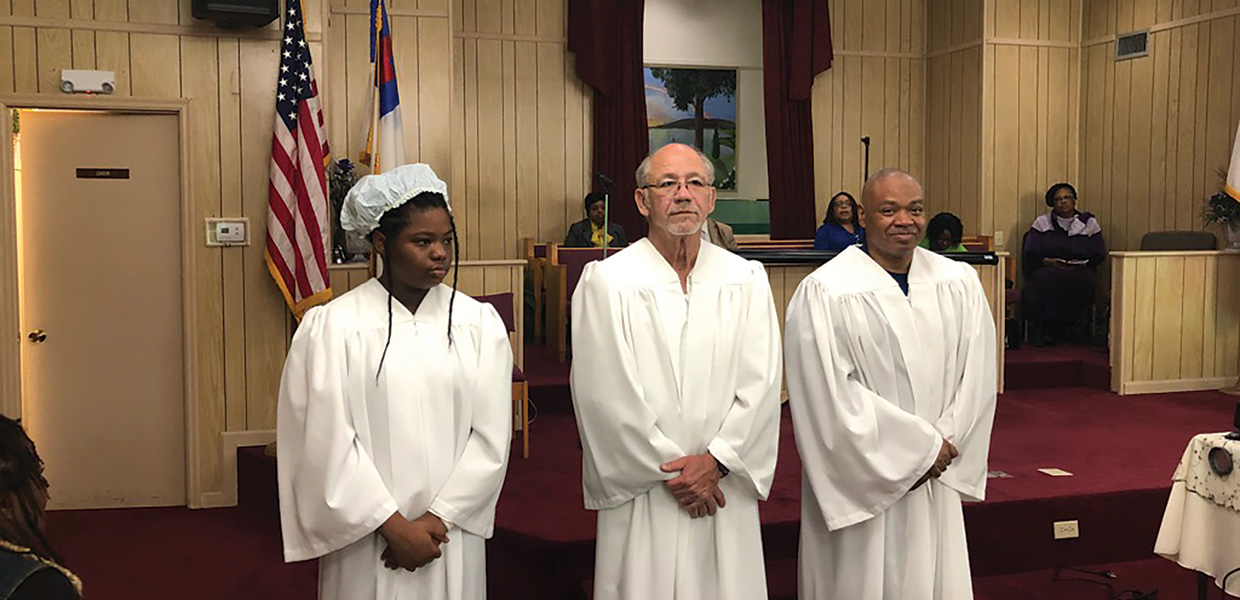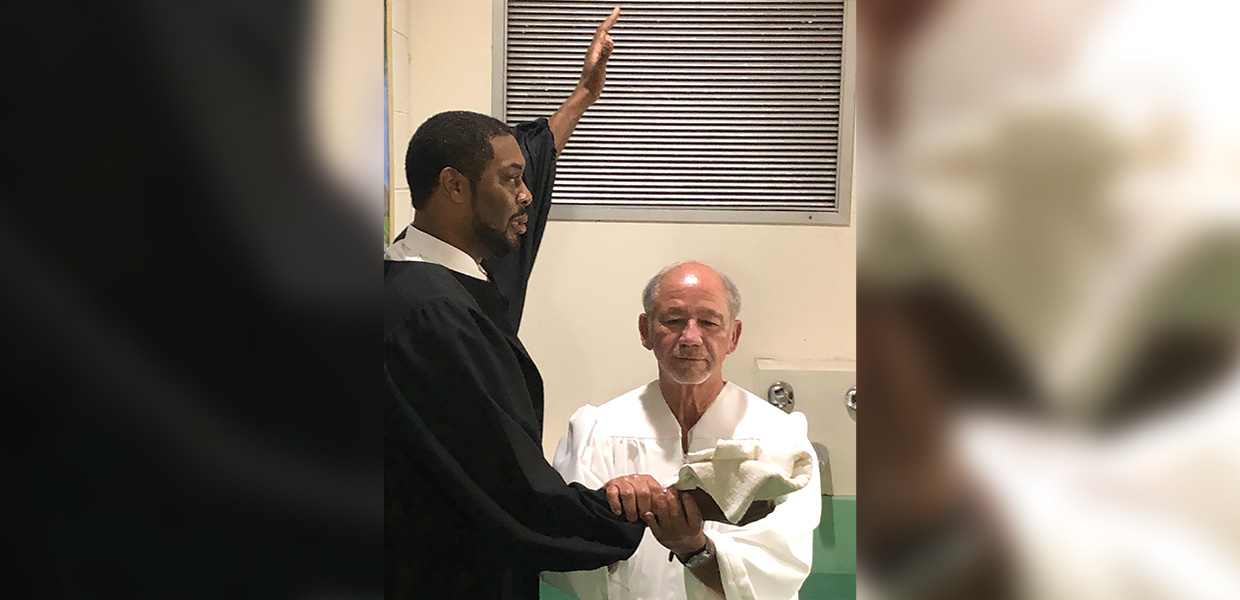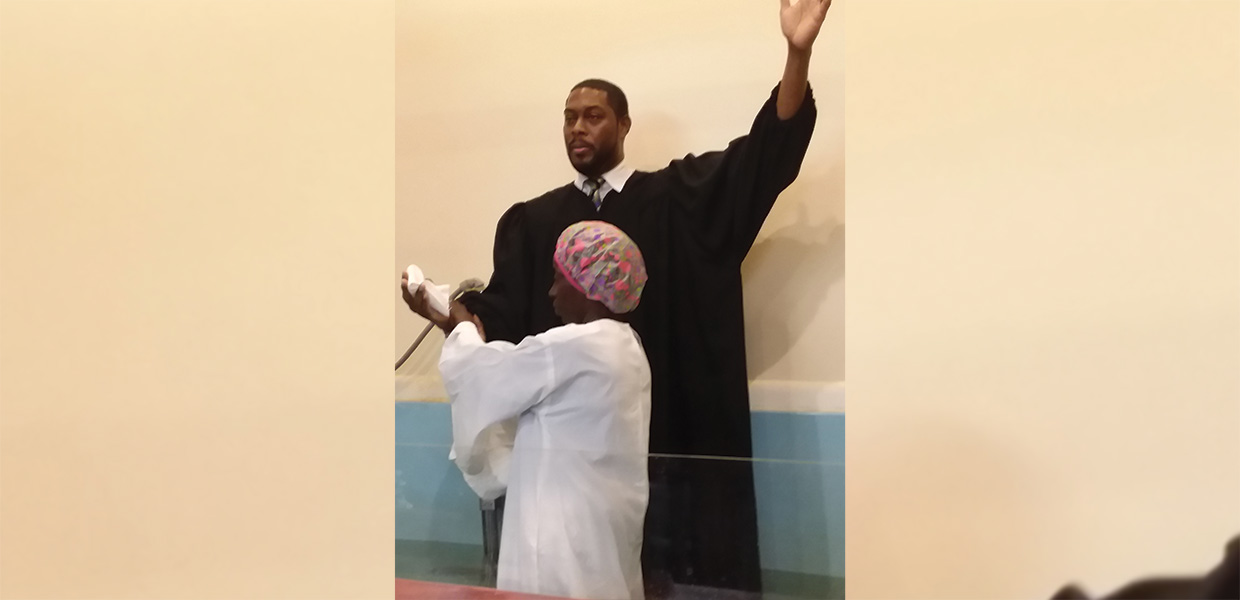


Throughout ministry and for the past few years, my approach to evangelism and evangelistic meetings had always been the same. Each year the plan would be to hold an evangelistic meeting in one church, and the next year hold a meeting in the second church. This was the typical model that was followed in most two-church districts. Using this same model, in 2014 and 2015, I held evangelistic meetings in the Thomasville-Quitman, Georgia, district, in each respective location. For these two evangelistic meetings, the churches completed the Revelation Seminar and the Daniel Prophecy Seminar, which was a blessing to the churches and the surrounding communities. The seminar approach was different for me since I had never approached evangelistic meetings using this format; however, it was found to be very effective.
One afternoon I was contemplating how I should approach my meeting the following year. As I was praying, I knew I wanted to continue with the seminar format, but I didn’t know which Bible lessons I wanted to utilize. As I continued to think and pray about my approach to the upcoming meetings, my wife, Mae, said, “Why don’t you write your own lessons?” When she spoke, I sensed God providing the answer to my prayer through her words. This led me to start on a spiritual journey that I had not anticipated. That year I began writing Bible lessons titled, “What God Says About…” At the end of this journey, I had completed 32 Bible lessons.
Throughout this journey, I was also praying about an effective approach to holding the evangelistic meetings with both churches in the same year. With newly written Bible lessons, God led me to introduce an innovative evangelistic meeting approach strategically designed to reach the community, and benefit the membership with the cooperative and systematic efforts of both churches within my district. The plan was to hold a four-week meeting with both churches. The first meeting would be held in one church four nights a week for two weeks. At the conclusion of the first two weeks, the venue would shift to the sister church for the final two weeks of the meeting.
Both churches, which are about 30 minutes apart, planned and financed the meeting separately with a clear understanding that the meeting would last for a total of four weeks. The budgets and expenses of both churches remained separate, and did not overlap. This unique approach would relieve each church from having to finance the entire four-week meeting themselves. Moreover, the churches would partner by shouldering the finances in their location, while also having the opportunity to host, participate in, and enjoy the benefits of the entire meeting.
After much prayer and with the support of both churches, this evangelistic meeting model was implemented. Each church advertised for the dates that they would host the meeting in their local community. Entering the meeting, only the members knew the overall format and duration of the meeting. However, during the second week, I announced that I would continue presenting in the sister church for another two weeks, and that all were invited to attend. Interestingly, not only did many church members continue to attend when the venue shifted, some who were not Adventists also continued to come and were baptized.
The nightly meetings utilized the seminar approach. Each night everyone received the following night’s “What God Says About…” lesson to complete at home before it was covered in the next meeting. Some of the lesson titles included “The Great Controversy,” “The Coming Crisis,” “You and Your Health,” “Bible Baptism,” “Why So Many Denominations?” “The New Testament Sabbath,” “The Bittersweet Book,” “Christ In His Sanctuary,” “The State of the Dead,” and “The Second Coming.” Many expressed that the lessons were simple, thorough, and easy to understand.
This approach to evangelism proved to be an effective outreach method in the local context. Both churches and communities had the opportunity to reap the benefits of a collaborative, four-week evangelistic meeting for two consecutive years.
is the pastor of the Thomasville-Quitman, Georgia, district.
Southeastern | February 2019



Comments are closed.